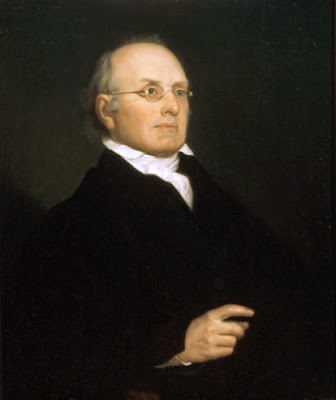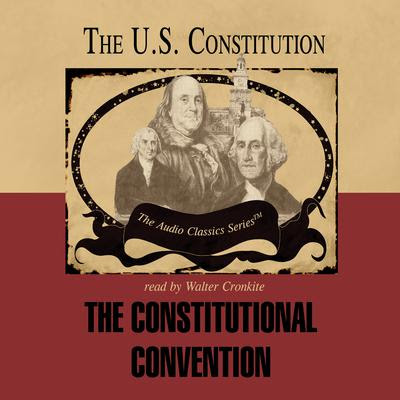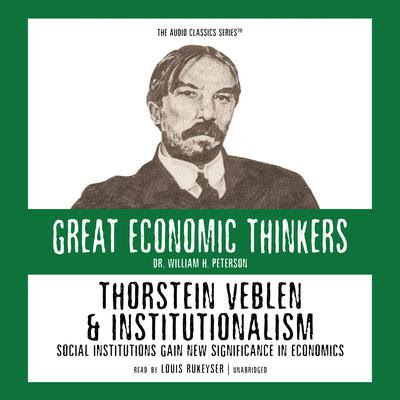“I heartily accept the motto,—‘That government is best which governs least;’ and I should like to see it acted up to more rapidly and systematically. Carried out, it finally amounts to this, which also I believe—‘That government is best which governs not at all;’ and when men are prepared for it, that will be the kind of government which they will have.”
In 1846, the American writer Henry David Thoreau refused to pay a tax to support his country’s then-ongoing war with Mexico. He believed that the war was not only unjust in and of itself, but that it would even create new territory into which slavery could expand (a real danger at that time). His fears were not unfounded, and had some sympathetic aspects to them. But they prompted him to write one of the most influential attacks on government ever printed. He lived in an era when government in the United States was already quite small – far smaller than it is today. But Thoreau was suspicious of the idea of having any government at all, and said so in “On Civil Disobedience” (as quoted above).
Henry David Thoreau
















